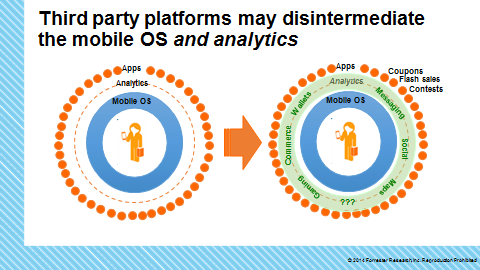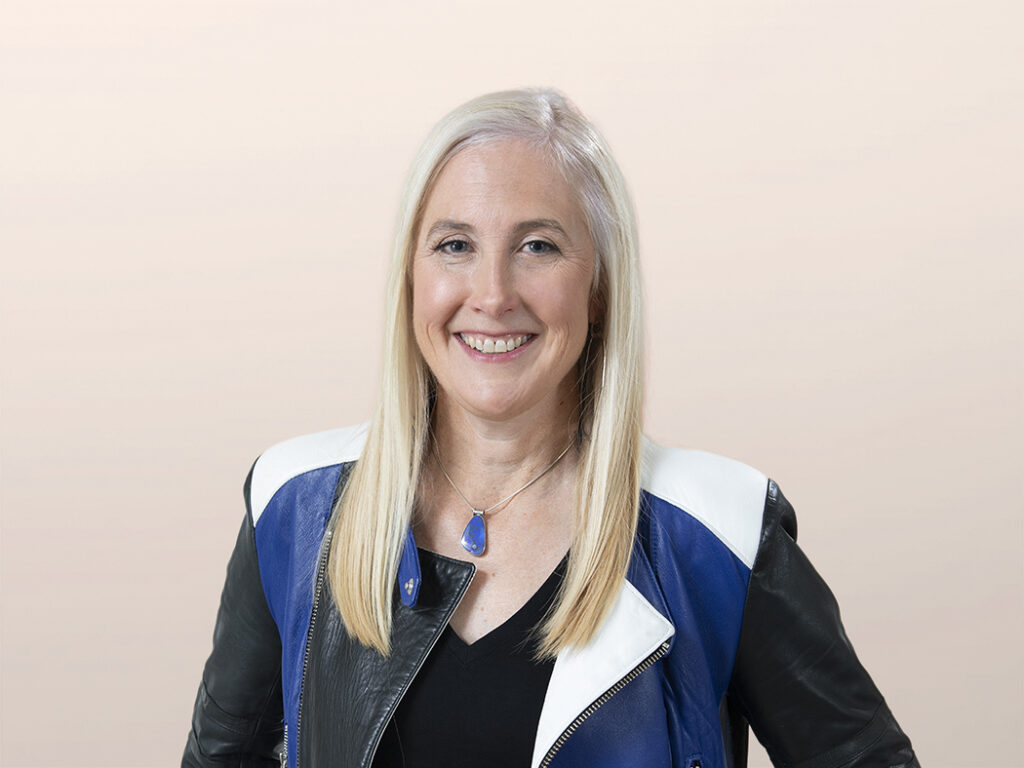Amazon Dash: Monetizing Mobile Moments At Home
Amazon is testing a new device to facilitate making a grocery list and ordering groceries through their AmazonFresh service in markets such as San Francisco and Seattle. (See TechCrunch article.) Consumers can add items to the list through voice or by barcode scan. Two things (for me) make this an interesting experiment to watch.
1) Amazon looks to profit from what we call "a mobile moment," a concept introduced in our forthcoming book, The Mobile Mind Shift. Or more specifically in this case, an impulse sales moment. As a consumer, I add an item to my grocery list before I forget. I may or may not order that day – it may be tomorrow, but I will buy it. The Dash adds convenenience – it removes friction from my shopping process. The Dash takes advantage of the immediacy of mobile. (See our report on how to create mobile moments).
2) Amazon is looking to be the portal (platform) for a higher percentage of consumer retail purchases through same day delivery in local markets. (Today – southern California, SF, and Seattle. See my colleague Sucharita Mulpuru's blogs and research for a more in-depth analysis of the economics. eBay through eBay Now and Google are also pursuing this opportunity.) This isn't just a mobile trend, but it's an issue that becomes more acute on a mobile phone where there is limited real estate for icons. Today, as a consumer, I do have 100+ apps on my phone. There is the potential, however, for a handful of mobile services today to evolve into platforms that become portals for a set of related services – like commerce, or delivery (think Uber), or location (think Google/Nokia maps), etc. (I wrote an in-depth piece of research on the Trojan Horses of mobile). They upgrade on my Prime membership to AmazonFresh would take me up to $299 annually. As I thought about it on the weekend (I was coveting the Dash), I didn't think through …. would the ROI on the extra $200+ come back to me in gas, time saved, lower priced groceries, etc. I merely thought, "is it worth $200 to me to have anything I want dropped on my doorstep same day?" Once I paid, I'd be more likely to order through Amazon to get my money back. Commerce isn't the only play here, but it is one with some of the higher stakes – the revenue stream is more than advertising.
The new world order on mobile phones may look more like this in the future:

